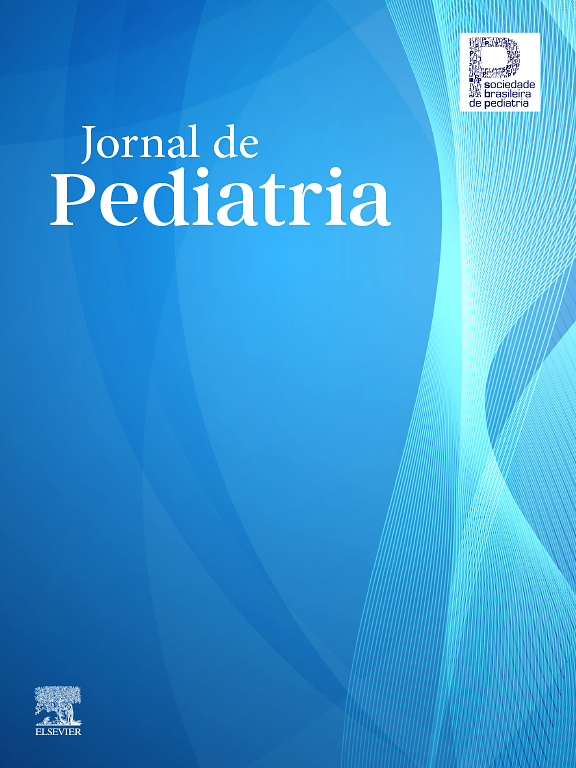Adolescence is a crucial developmental period for defining one's academic expectations. In many countries, teenagers must prepare for and take national exams. Those outcomes may have a long-lasting impact on the future career path and, ultimately, on the quality of adult life. Understanding the correlates of individual differences in adolescent academic performance may have important implications for behavioral interventions and educational policy; thus, it is an area ripe for research. One construct that has been consistently linked to school performance is executive function,1 a set of high-order cognitive skills required for goal-directed behavior.2 However, there is also evidence that certain lifestyle factors may contribute to academic outcomes in adolescence. In addition to dietary habits and physical activity,3 sleep and Internet use have been proposed as two important predictors of adolescent academic performance.4,5 The study of Adelantado-Renau et al.6 in this issue of Jornal de Pediatria provides an interesting contribution to this literature.
Many previous studies provide evidence that both insufficient sleep duration and poor sleep quality are significantly associated with lower academic achievement in childhood and adolescence. However, the findings from a meta-analysis, which pooled the data from 33 correlational studies, showed that the associations between sleep variables and academic outcomes were modest (sleep quality, r=0.096; and sleep duration, r=0.069). Moreover, participants’ age and gender moderated these associations; larger effect sizes were found in studies where participants were younger and male.4
Further indirect support for the proposal that sleep may be crucial to academic achievement comes from experimental studies that measured the effects of sleep duration manipulation on adolescents’ subsequent cognitive performance. In most of this research, sleep was acutely restricted to substantially less time than the amount that is perceived as sufficient for this age group (i.e. 8h).7 Experimental sleep deprivation resulted in inattention8 and poorer performance on cognitive function tests.9,10 Conversely, a gradual increase in sleep duration of chronically sleep-deprived adolescents resulted in improvements in cognitive performance.11 Considering the robust associations between executive functions and academic achievement,1 this experimental research corroborates the correlational findings regarding the positive associations between poor sleep and lower educational attainment.
In the last decade, a separate line of research has been developed in response to a growing concern about the potentially harmful effects of digital media use, including the Internet, on academic outcomes in adolescence. Adolescents are avid Internet users. On average, in OECD (Organization for Economic Co-operation and Development) countries, almost 90% of 15-year-olds go online,12 and considering that these data were collected over 3 years ago, this proportion is likely to be even higher now. While the Internet provides access to a wide range of resources that may support learning, research suggests that adolescents use it mainly for entertainment purposes, such as posting on social networks, watching online videos and playing digital games.13 Although these activities amuse and occupy, they contain very little or no educational content. Importantly, the Internet provides a very convenient platform for virtual peer interactions, which may explain why spending time online is so appealing for socially conscious adolescents.
Much of the past literature has focused on problematic Internet use; use that is compulsive or excessive.14 The results of three large correlational studies showed that adolescent problematic Internet use was associated with lower educational achievement.15–17 However, research that examined typical use delivered more nuanced findings. One longitudinal study examined whether Internet use predicted changes in academic ability assessed with measures of reading, math and standardized school test scores: grade point average (GPA).18 In this study, Internet use was positively related to reading skills and GPA but only for those adolescents who scored below average in the baseline reading assessment. Moreover, what adolescents use the Internet for matters. Kim5 reported that using the Internet for educational purposes, for example, searching for information needed to complete homework, was associated with positive academic outcomes, while recreational use such as playing digital games or using social networks predicted lower grades.
In this issue of Jornal de Pediatria, Adelantado-Renau et al.6 bring these two separate lines of research together to investigate whether screen media use mediates the associations between sleep and adolescent cognitive and academic outcomes. In this study, adolescents reported on the amount of weekday and weekend media use (television, video games, Internet and mobile phone use), sleep quality and sleep duration and took part in the assessment of cognitive ability. Further sleep duration data were obtained using accelerometry, and academic performance was assessed with the grades obtained from the participants’ schools. Based on the results of the preliminary analyses, the authors singled out Internet use as the likely mediator of the associations between sleep quality and academic performance.
The overall findings of these analyses were in line with the previous literature.4,5,8,10 On the one hand, sleep quality was positively associated with academic performance. On the other hand, the amount of Internet use was negatively related to both sleep quality and academic performance. Importantly, the amount of Internet use mediated the associations between sleep quality and academic performance. Based on these results, the authors concluded that Internet use could partially explain the negative associations between sleep quality and academic outcomes.
Including Internet use as a mediator in the analyses is a real strength of this study, as it allowed the authors to consider the associations between sleep quality and academic outcomes in the contemporary context. However, focusing on the amount of exposure and treating Internet use as an undifferentiated activity limits how much these data can help us understand the causal mechanisms that produced the mediating effect. As previous research suggests, what the Internet is used for is differentially associated with academic outcomes depending on whether adolescents go online to seek information or entertainment.5 It is also conceivable that when adolescents use the Internet is important. While using social networks to make the school bus journey go quicker might be inconsequential, the same online activity but at nighttime might have adverse effects on the quality of sleep. In fact, adolescents who used screen media before sleep reported shorter and disturbed sleep.19 Thus, both the purpose (i.e. education, news, entertainment, social interactions) and the time of Internet activity should be considered to allow more detailed analyses aimed at defining causal mechanisms which are responsible for important outcomes, such as academic performance.
The lack of understanding regarding these causal mechanisms makes it difficult to determine how to optimize Internet use to achieve the best academic outcomes. One of the potential mechanisms proposed by Adelantado-Renau et al.6 is increased physiological and emotional arousal elicited by using social networks. For example, posting and viewing pictures on social media or taking part in a lively comment exchange online may result in excitement. Such increased arousal should not be negative per se; however, if it occurs at nighttime, it may result in poor quality of sleep. Relatedly, the Internet provides a platform for playing social games. These are visually attractive and have easy rules, which make them appealing to a wide audience of players. Although these games do not involve winning real money, concerns have been raised that the use of small but unpredictable rewards draws and captivates players in a way that is similar to gambling.20 Adolescents playing such games may become excessively aroused or may find it difficult to stop. In consequence, this may lead to poor quality of sleep, especially if the game is played at nighttime. Finally, research suggests that social network use is associated with anxiety and depression.19 Considering that sleep disturbances are a common feature of these disorders, it is conceivable that another variable not measured in this study, that is, the presence of an internalizing disorder, moderates the associations described by Adelantado-Renau et al.6
There are several implications for further research based on the Adelantado-Renau et al.6 study. To develop a clearer understanding of the role that Internet use might have in explaining the associations between sleep and academic outcomes, future studies should aim to elucidate more information about the ‘what’ and ‘when’ of adolescent Internet activity. Moreover, more research is needed to establish individual (e.g. personality, mental health, executive function) and socioeconomic (e.g. family context) variables that make adolescents more vulnerable to problematic Internet use. Why is that many adolescents can use the Internet to support their learning and maintain healthy and happy social relations, while for some Internet use has an adverse influence on both school and personal life? Clearly, it is not possible, and not even advisable, to eliminate the Internet from adolescents’ lives. Therefore, research should focus on identifying risks and opportunities associated with growing up in the digital age and the study of Adelantado-Renau et al.6 is a step in the right direction.
Conflicts of interestThe author declares no conflicts of interest.










